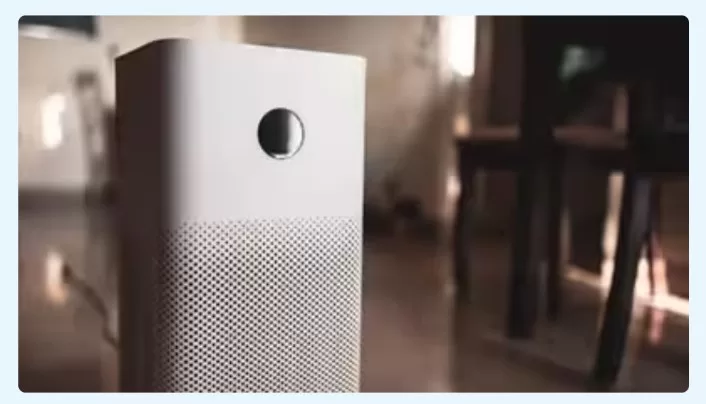In a groundbreaking study conducted by the University of East Anglia, it has been unveiled that air filtration systems, including technologies such as germicidal lights and ionizers, fall short in reducing the risk of contracting viral illnesses. Despite the extensive adoption of these technologies, the research underscores their ineffectiveness in real-world scenarios.
The investigation encompassed an analysis of various air treatment methods, examining evidence from 32 real-world studies conducted in settings like schools and care homes. Disappointingly, the study found little support for the notion that these technologies can significantly mitigate the risk of respiratory or gastrointestinal infections.
Lead researcher Prof Paul Hunter from UEA’s Norwich Medical School commented, “Air cleaners are designed to filter pollutants or contaminants out of the air that passes through them. However, when it comes to protecting against respiratory or gastrointestinal infections, the evidence suggests that these technologies may not live up to the expectations placed upon them.”
The research team, in collaboration with institutions such as University College London and the University of Surrey, scrutinized the data from studies conducted during the COVID-19 era, shedding light on the limitations of these air treatment technologies. As public health decision-makers navigate the post-pandemic landscape, the study urges a comprehensive understanding of the capabilities and limitations of air treatment methods.
While air treatment technologies, including germicidal lights and high-efficiency particulate air (HEPA) filtration, have demonstrated effectiveness in reducing environmental and surface contamination, their impact on preventing illnesses appears to be limited. The study advocates for a nuanced evaluation of the cost-benefit ratio of these technologies, emphasizing the need for a more informed approach to their implementation.
*Published in Hindustan Times, November 17th, 2023.*







